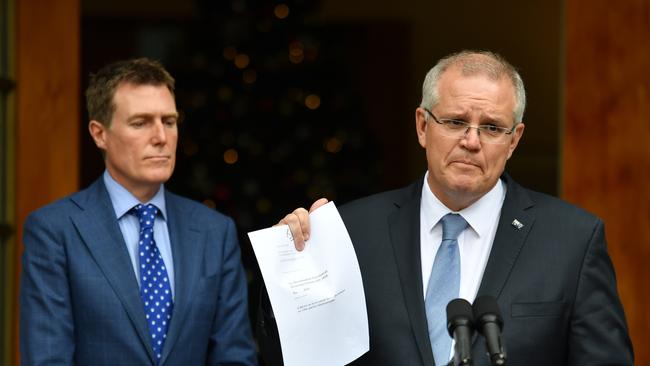Telcos warn of “dangerous loopholes” following major party compromise over encryption bill
A telco industry group has warned planned changes to draft encryption laws leave “dangerous loopholes” in place.

Telecommunications industry group Communications Alliance is continuing to agitate against the so-called encryption bill, warning that the planned amendments to the controversial legislation do not go far enough in tackling the risk posed by it.
With the Telecommunications and Other Legislation Amendment (Assistance and Access) Bill set to pass this week, after the Coalition government and Labor agreed to a compromise deal on Tuesday,
Communications Alliance CEO John Stanton warned both parties have left “dangerous loopholes” unaddressed.
“As government and Labor MPs work today to craft amendments to the Assistance and Access Bill, it appears that one of the biggest flaws in the proposed legislation will not be addressed,” he said.
According to Mr Stanton, the telco industry remains concerned about the role of technical assistance notices (TAN) under the legislation, which may be abused by enforcement agencies.
Under the legislation, agencies can put forward three levels of requests to service providers.
The first is a voluntary technical assistance request (TAR) issued by an agency.
The second level is a “technical assistance notice (TAN), which compels the provider to help agencies where it has the technical capability to do so. The TANs give agencies the flexibility to seek providers to decrypt information in appropriate circumstances. The issuance of these notices does not require any approval by the Attorney-General nor any consultation with the service provider.
The third level is the technical capability notice (TCN), which can be used by telcos to perform a range of tasks, including removing electronic protections from networks or devices, installing and maintaining software (such as malware and spyware) and concealing the fact that services have been altered, or even substituted.
While the compromise deal between Labor and the government will see more safeguards put in place with the use of TCNs, Mr Stanton said that TANs can be used for exactly the same purposes.
“It appears that nothing will be done to limit the powers available to agencies via Technical Assistance Notices (TANs), which are just as dangerous as TCNs but operate with much less oversight and with fewer protections.”
“There is a real risk that while much is being made of additional protections around TCNs, agencies will simply exploit this loophole in the Bill to direct their activities via TANs instead.”
“Any agreed amendments to the Bill need to close this loophole,” he added.
The Communications Alliance, along with a host of other technology industry groups, have also voiced concerns about the use of the term ‘systemic weakness’ in the legislation.
“We are waiting to see what emerges from the attempts to agree a definition of what constitutes a ‘systemic weakness’ or ‘back door’ — something the bill purports to prohibit,” Mr Stanton said.
He added that the current thinking from the government on the term was “disturbing”.
“The Attorney-General is reported overnight to have, at a press conference, described a systemic weakness as: “a weakness that would affect all applications on all devices at any given single point in time.”
“Such a narrow definition would leave the door open to damaging consequences,” Mr Stanton added.




To join the conversation, please log in. Don't have an account? Register
Join the conversation, you are commenting as Logout